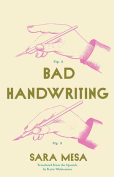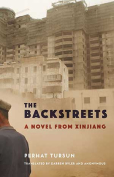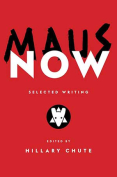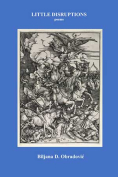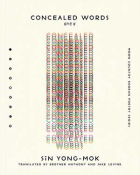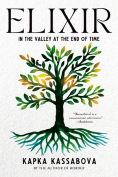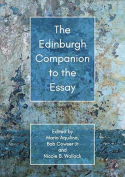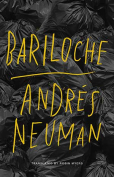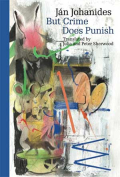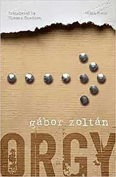But Crime Does Punish by Ján Johanides
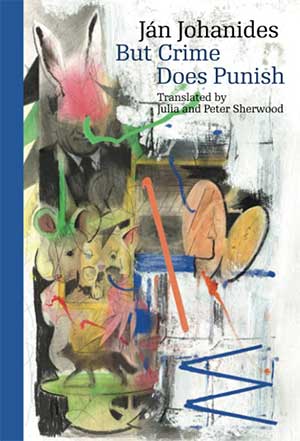 Prague. Karolinum Press. 2022. 110 pages.
Prague. Karolinum Press. 2022. 110 pages.
Much has been written on the horrifying abuses of justice in the former Soviet Union and in most countries of the Communist bloc, but relatively little specifically on the lawless rule of the Communist Party in Czechoslovakia between 1947 and the mid-1950s. I can recall only a few books by Milan Kundera and Ivan Klíma (speaking only of those that have been translated into English), but now a powerfully evocative, brief new novel by Ján Johanides (1934–2008) has appeared focusing on that dark Stalinist period.
But Crime Does Punish (1995) not only “grapples with the painful legacy of Czechoslovakia’s totalitarian past” in general, but through the story of an archivist it pinpoints particular events that mark the wrongdoings of the Czech and Slovak secret police. While the still unclear circumstances of Jan Masaryk’s “suicide” (defenestration?) are referred to in one ambiguous passage, we are stunned by a description of the catacombs of Valdíce, a monastery-prison north of Prague where the narrator-archivist suffers an irreparable loss as his testicles are destroyed by a homosexual warden. It seems that after that he also lost his raging opposition to the regime, as he just calmly registers its crimes and ultimate demise, with a certain degree of understanding for the Colonel, the unnamed chief representative of the Communist regime. After the Velvet Revolution of 1989, the authorities, frightened that they might be called to account by the new regime, follow orders from the Colonel to dispose of all paperwork somewhere in the Slovak countryside in an old mass grave containing remains of people massacred either at the end of World War II or during its aftermath. Evil deeds seem to remain in many cases undocumented and also unpunished, but as Johanides shows, they still continue to constrain and poison the lives of the perpetrators for many years.
Johanides’s prose is sensitively translated by Julia and Peter Sherwood, who also provide useful footnotes to the paperback. The brief novel is completed by an exhaustive study of Johanides by the English scholar Robert B. Pynsent, a well-informed critic of modern Czech and Slovak literature. His essay, which runs to twenty-five pages in small print, is indeed thorough, but it raises the awkward question of whether most readers will manage to wade through its text in order to become better acquainted with the work, full of political cross-references and psychological insights, of a prolific author who has to this day failed to achieve the recognition he deserves.
George Gömöri
London


